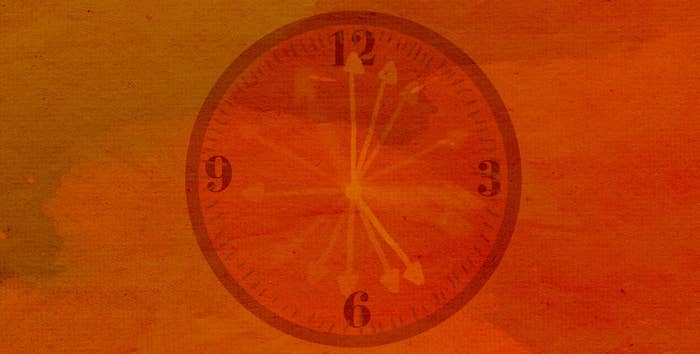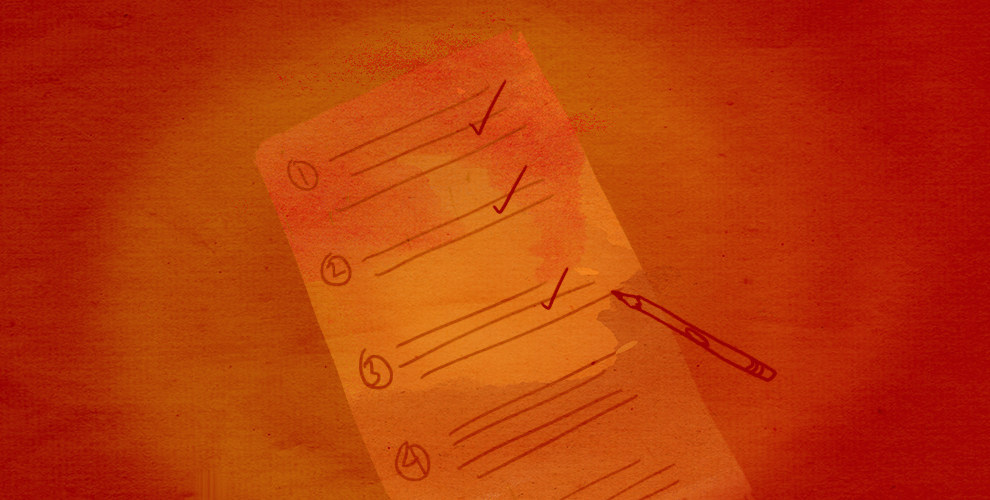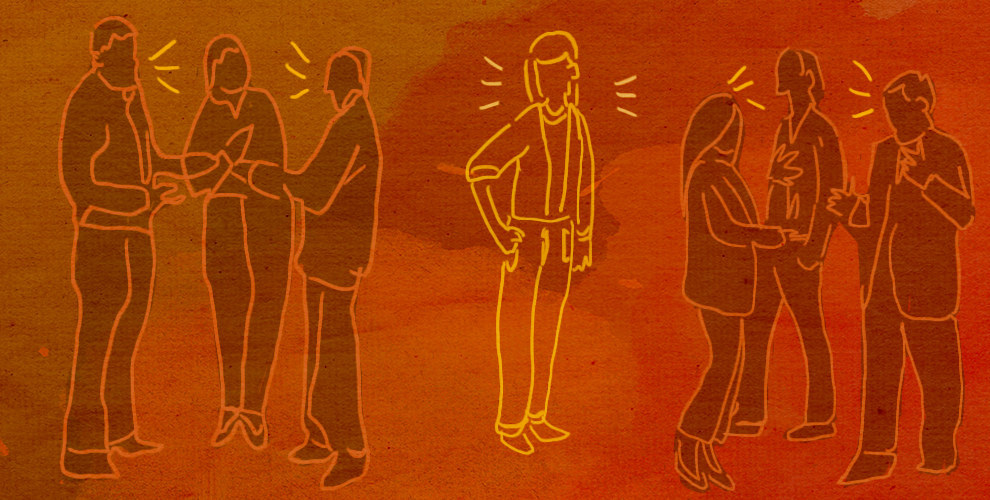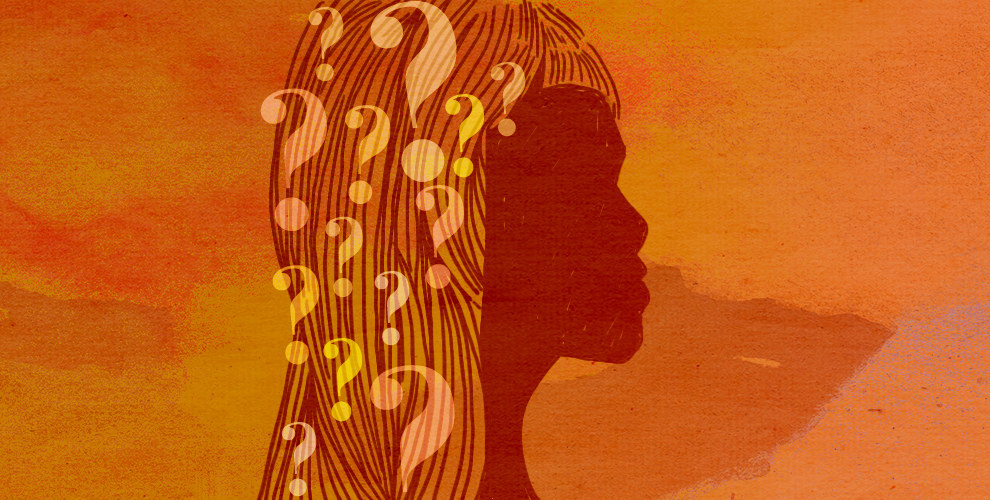[Editor's note: ADD/ADHD is a neurological disorder characterized by difficulty sustaining attention, lack of self-control, and impaired working memory. It's now more often classified as attention-deficit hyperactivity disorder (ADHD) inattentive-type, but lots of people (including some doctors) still refer to it as ADD. Nearly 8 million adults in the U.S. suffer from ADHD. It can be a very personal disorder, and although this list represents only one experience of ADHD inattentive-type, we hope you find it helpful knowing others may understand what you're going through.]

1. It's knowing how long it takes you to get ready in the morning, but not being able to tell how quickly time is passing until you're already late.
2. It's noticing every single detail of a room but having trouble paying attention to the one thing you're supposed to be looking at.
3. It's feeling exhausted at the end of a hectic day, but too overwhelmed with thoughts to actually fall asleep.
4. It's struggling in every part of your life, but fearing that other people don't recognize your suffering as a legitimate disorder.
5. It's rarely feeling like you really enjoy anything, because you're always distracted by something else.
6. It's either being slightly focused on everything or so hyper-focused on one thing that you forget the world around you.

7. It's knowing you need to switch to another task on your to-do list, but being too hyper-focused on what you're doing to disengage from it.
8. It's hearing all the instructions, but not being able to hold them in your brain long enough to use them.
9. It's always trying to do too many things at once, and not multitasking efficiently enough to finish any one of them.
10. It's knowing you need to reach a long-term goal, but lacking the planning strategies to take the right short-term steps.
11. It's having a brilliant answer to a question in the back of your head, but taking too long to communicate it until someone else has answered.
12. It's constantly coming up with great ideas, but failing to focus or work efficiently on any one of them long enough to make it a reality.

13. It's having a conversation in a public place and hearing every noise around you except for the voice you're supposed to listen to.
14. It's remembering that you always need your phone, keys, and wallet before you leave the house but still misplacing them every single time.
15. It's wanting to control your intense emotions, but not realizing you need to until after you've had an uncontrollable outburst.
16. It's being completely bored with what's in front of you, but restless and jittery with excitement about the abstract thoughts circling in your head.
17. It's knowing that you shouldn't interrupt someone, but not being able to stop yourself from speaking out loud.
18. It's being so excited to make plans with someone you love, but easily forgetting about them because you didn't write it down.

19. It's knowing you are smart, but feeling stupid all the time because you have trouble putting your thoughts into words.
20. It's believing you can succeed in your career, while also fearing that your ADHD will cause you to fail.
21. It's knowing that you need a particular environment to be productive, but not wanting to ask for special accommodations.
22. It's being focused on everything and nothing at all, which makes it feel like you'll never get anything done.
23. It's wanting to take control of your life and achieve your dreams, but feeling like your ADHD will always have control over you.
But ADHD doesn't have to control your life.
While ADHD can cause feelings of frustration and hopelessness, there are many resources out there to help you manage your symptoms. Whether it's meeting with a physician or psychiatrist to address your medication needs, reading up on the disorder in helpful books, or finding a therapist who specializes in ADHD coaching.
And most importantly, remember you are not alone. To learn more about ADHD and how to find support groups, check out the resources here at the National Resource Center for ADHD.


